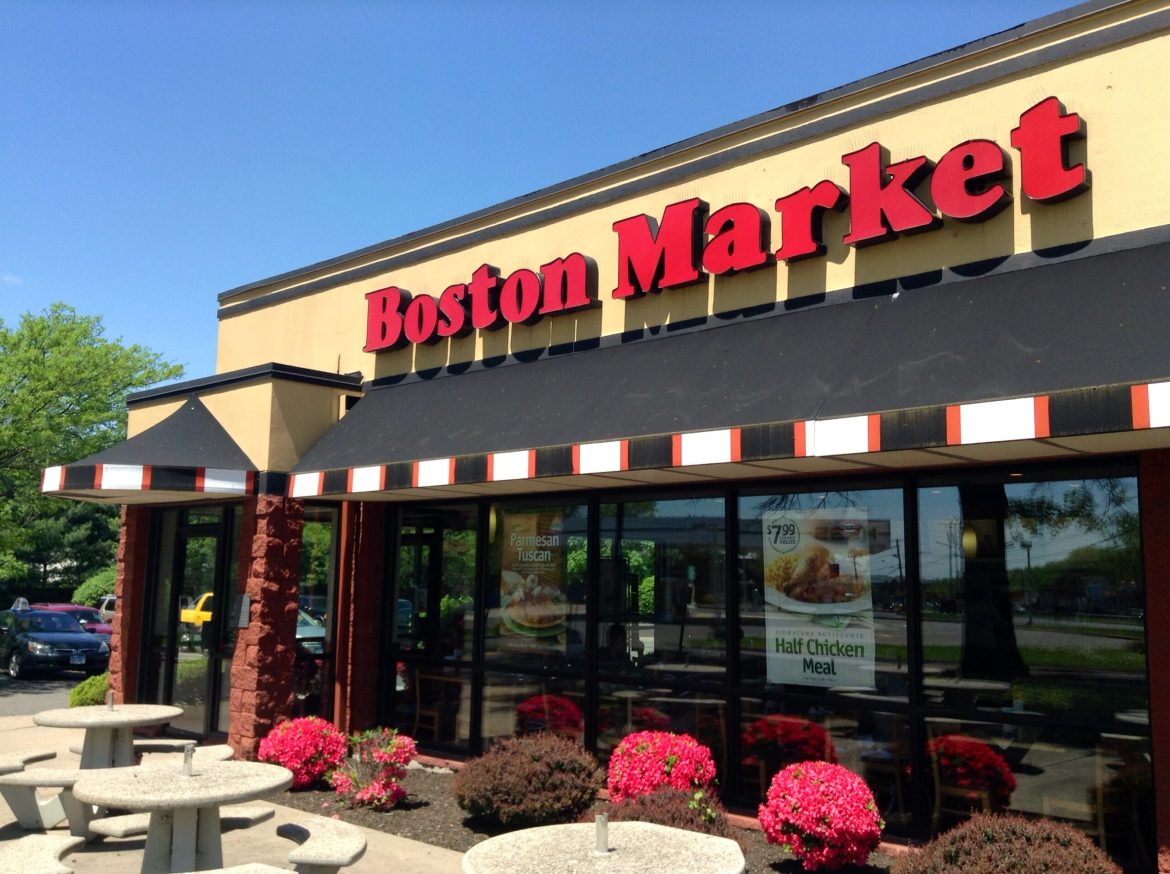Boston Market, once a beacon of American rotisserie chicken, has stumbled into a maze of financial distress and closures, marking a harrowing tale of decline. Acquired by Rohan Group in 2020, this fast-casual restaurant chain embarked on a downward spiral obscured by obscurity until a slew of lawsuits against the company surfaced, revealing the depth of its troubles.
The history of Boston Market, initially named Boston Chicken when founded in 1985, was one of rapid expansion and popularity for its Thanksgiving-style meals. However, this success was short-lived as the company encountered hurdles, including a 1998 bankruptcy filing. Ownership changes followed, with McDonald’s acquiring the chain in 2000 and eventually selling it to private equity firm Sun Capital Partners in 2007.
Under Sun Capital’s stewardship, nearly 40% of the chain’s 1,000+ locations were closed, and attempts at revival, including a rebranding effort in 2011, couldn’t staunch the bleeding. Despite hopes for rejuvenation, the subsequent acquisition by Engage Brands (under Rohan Group) in 2020 failed to reverse Boston Market’s fortunes. The company faltered, with closures, a lack of innovation, and financial woes plaguing its legacy.
The narrative shifted drastically post-acquisition as Boston Market grappled with mounting lawsuits from vendors and former employees, exposing a dire financial state. High-profile cases, such as an $11.3 million lawsuit by US Foods and eviction lawsuits over unpaid rents in various locations, painted a grim picture of the chain’s precarious standing. With vendors like SiteZeus, Polar Leasing Company, and Ben E. Keith also suing for unpaid bills, the financial strain amounted to over $12 million, exacerbating the company’s predicament.
Communication breakdowns compounded the chaos, leaving employees stranded without pay and facing uncertainty. Reports emerged of unresponsive corporate contacts, abandoned headquarters seized by local authorities in Colorado, and remaining staff struggling without benefits or consistent salaries. Store closures proliferated, landlords seized properties due to unpaid rents, and supply chain disruptions led to frantic searches for ingredients at retail stores to keep operations afloat.
Amidst the turmoil, the South Florida region became a microcosm of Boston Market’s unraveling. Eviction lawsuits and closures across Broward, Palm Beach, and Miami-Dade counties painted a stark picture of a once-thriving chain now reduced to taped eviction notices and closed storefronts. The quality of food and service suffered, leading to disillusionment among patrons, who lamented the decline in standards and the chain’s struggles.
The employees’ plight mirrored the chain’s downfall: loyal but unpaid, grappling with the fallout of broken promises and financial uncertainties. Despite persistent efforts to keep stores running and a glimmer of hope for improvement, the relentless cycle of closures, lawsuits, and financial turmoil cast a shadow over Boston Market’s future, leaving its survival in doubt.



